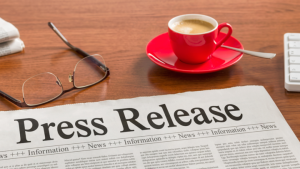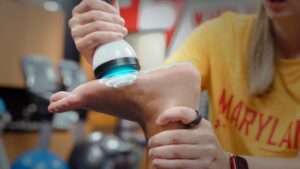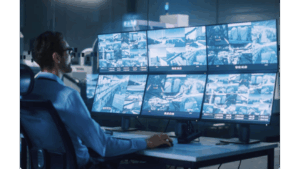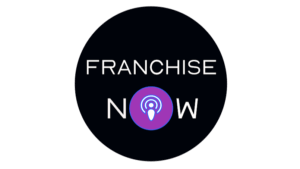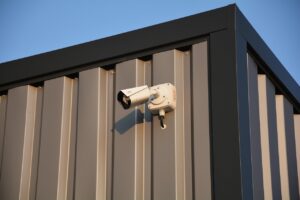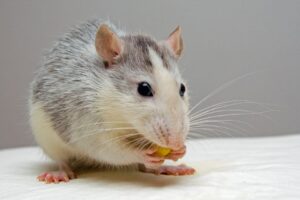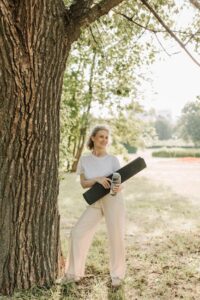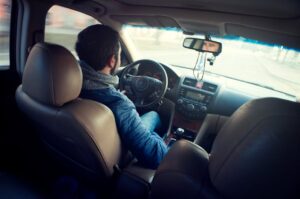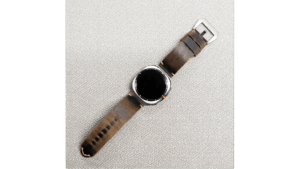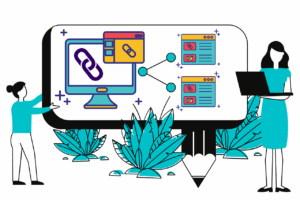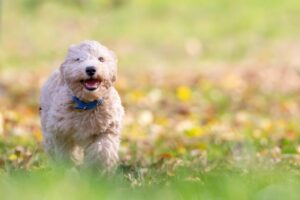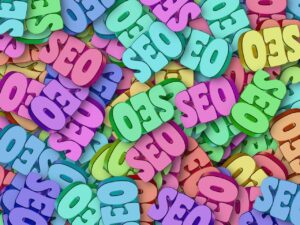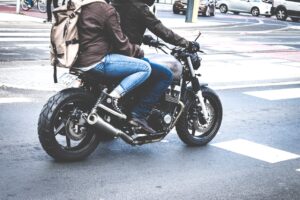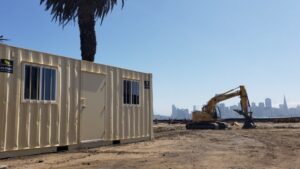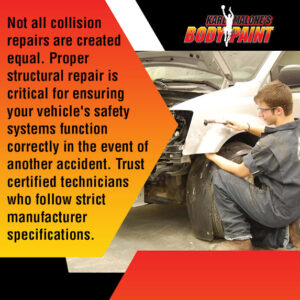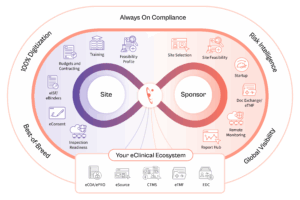
If you own a dog, your yard probably has landmines. But beyond being an eyesore (and a shoe hazard), dog poop can be surprisingly destructive to gardens and lawns. It’s not the nutrient boost most people think it is. In fact, Kansas-based sanitation specialists say that mismanaging dog waste can contaminate soil, kill grass, and even pose serious health risks.
Why Dog Poop Isn’t Good Fertilizer
While it’s true that dog feces contain nitrogen and phosphorus, experts emphasize that using it directly in the garden is unsafe. According to the American Kennel Club, dog waste carries harmful bacteria such as E. coli, salmonella, and giardia, along with parasites like roundworms and hookworms that can live in soil for years. These pathogens can infect humans and pets who come into contact with contaminated dirt or water—especially children who play outdoors.
Unlike manure from herbivores such as cows or horses, dog waste comes from a protein-heavy diet, which gives it an acidic composition. The result? Burnt grass, damaged plants, and lingering odors. The Environmental Protection Agency (EPA) even classifies dog feces as a pollutant because rain can wash its bacteria into storm drains, rivers, and lakes, contributing to algal blooms and waterborne disease.
How to Handle It Safely
According to Kansas pet waste removal professionals at Poo Squad, proper disposal and composting are the only safe ways to keep dog waste out of the environment—and out of your garden beds.
“Dog poop isn’t something you can toss into your compost pile with kitchen scraps,” says the team. “If you want to repurpose it safely, you need a dedicated composting system that reaches high enough temperatures to kill pathogens.”
Experts recommend:
- Use a separate compost bin just for pet waste to avoid cross-contamination.
- Add carbon materials like sawdust or shredded newspaper to balance the nitrogen-heavy waste.
- Maintain high heat—around 140°F (60°C)—for several days, turning the pile regularly.
- Let it age for 6-12 months to ensure full decomposition.
- Use only on non-edible plants such as ornamental shrubs and lawns, never on fruits or vegetables.
The USDA and EPA confirm that, when composted correctly, dog waste can produce a stable, safe material that improves soil aeration and moisture retention while reducing overall waste volume by up to 50%.
If Composting Isn’t for You
Not everyone has the time—or stomach—for managing a separate pet waste compost. The good news: there are safer, simpler disposal options.
- Bag and trash it. This remains the most practical solution for most households.
- Flush it (where permitted). Some Kansas municipalities allow flushing dog waste directly (without the bag), but check local regulations first.
- Try bokashi composting. This anaerobic fermentation method can break down waste safely, though the material must still be buried away from edible plants.
- Leaving it on the lawn, however, is never the answer. Aside from being unpleasant, uncollected dog waste attracts flies, rodents, and other pests that can spread disease.
The Expert Do’s & Don’ts
- Do: Compost dog poop properly before applying it to soil.
- Don’t: Use raw waste near edible crops or vegetable gardens.
- Do: Remove feces from garden beds promptly to prevent contamination.
- Do: Consider soil sanitization—like fallowing or solarization—if your garden has been exposed to waste.
Professionals note that handled responsibly, even dog poop can become part of a sustainable yard routine. However, skipping safety steps turns it from fertilizer into a health hazard.
The Bottom Line
Dog waste is a pollutant first and a potential resource only after careful treatment. If you’re short on time or unsure about composting, professional waste removal services can help you keep your property clean without risking your soil or your health.
Lawrence homeowners who want to protect their gardens while reducing contamination can consult local experts such as Poo Squad. Your garden deserves nutrients—not pathogens. Handle dog waste wisely, or let trained professionals do it for you.
Poo Squad
info@thepoosquad.com
+1 785 292 9225
612 Pillsbury Drive #b
Manhattan
KS
66502
United States
